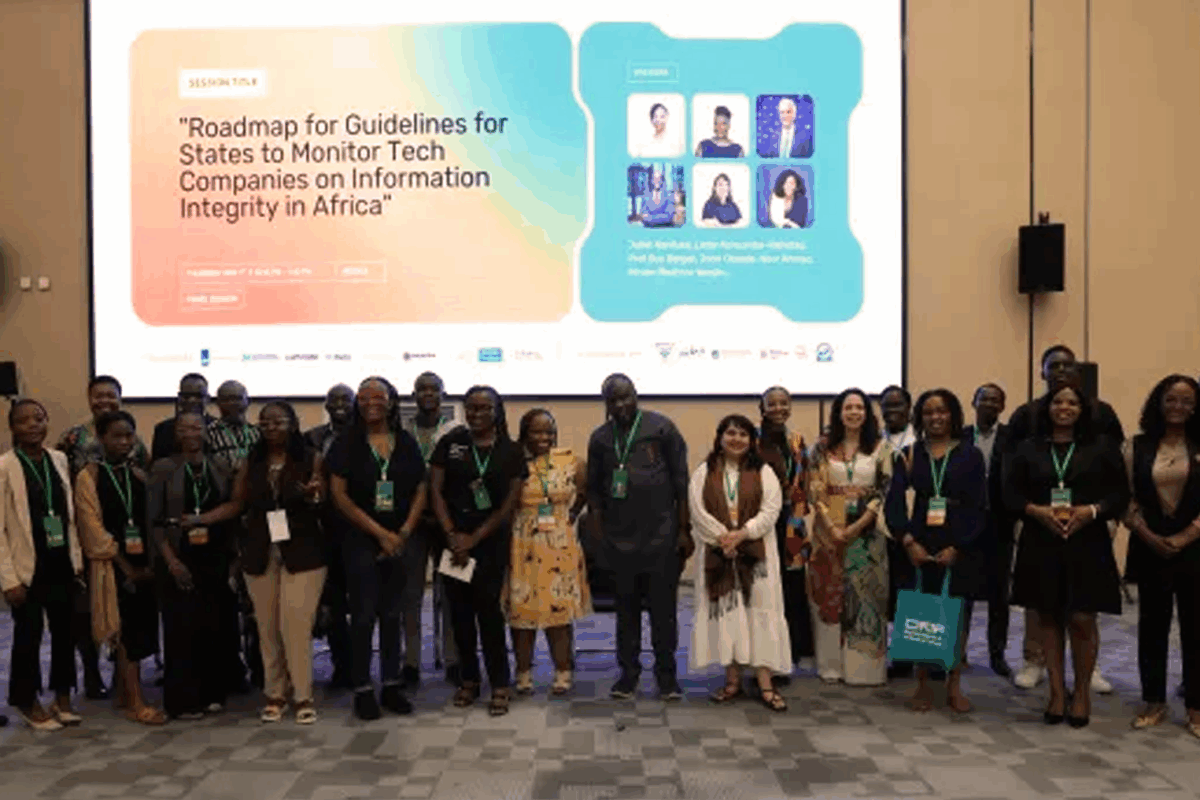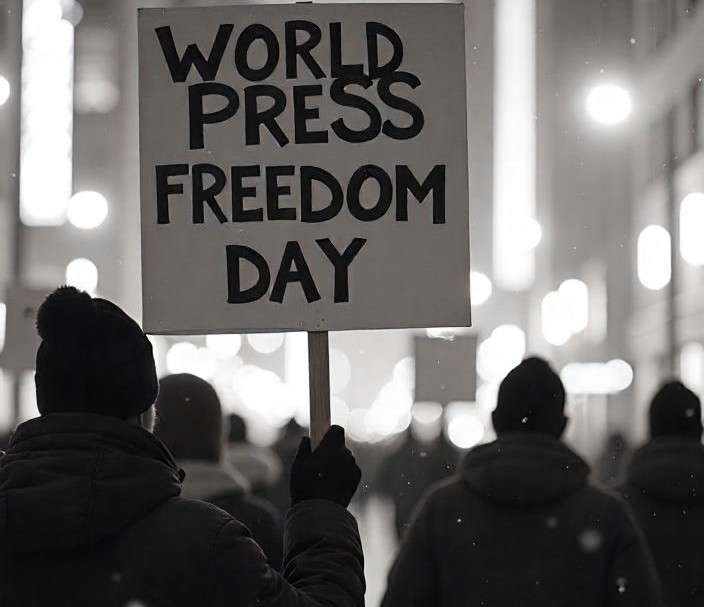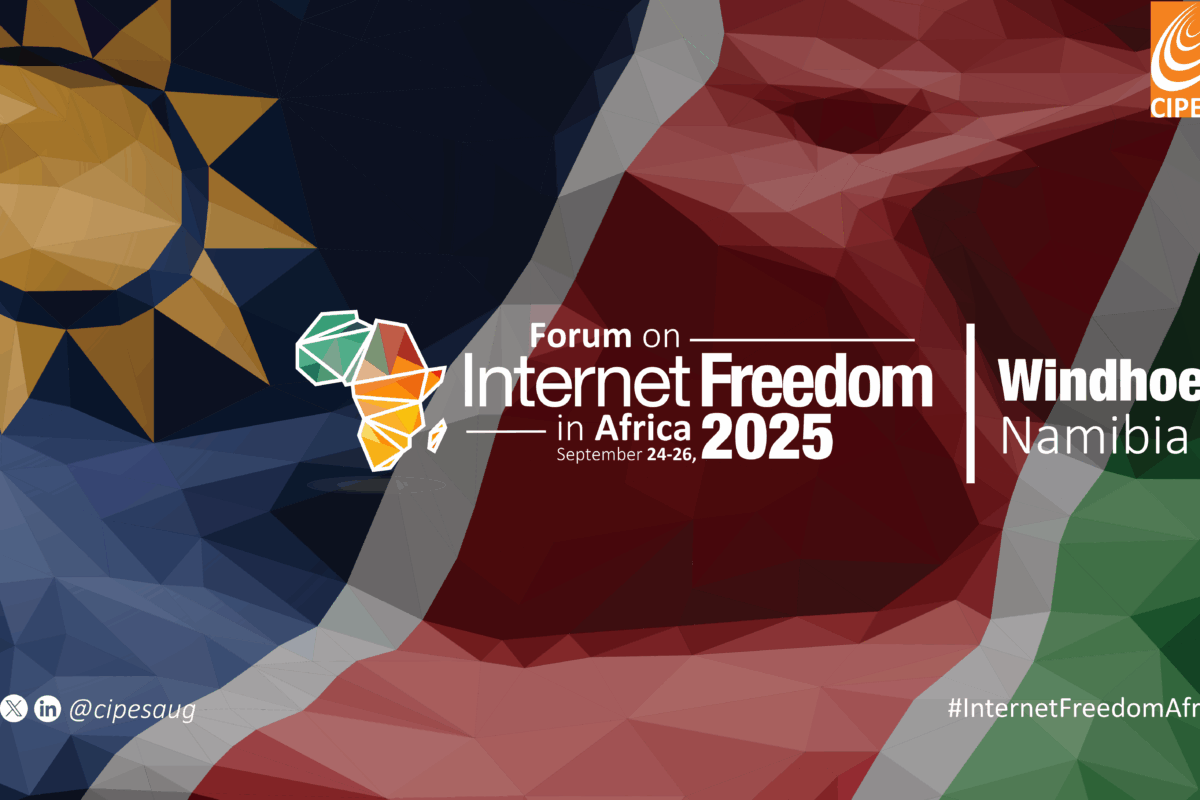DRIF 2025 |
Media Monitoring Africa (MMA) and UNESCO have officially launched regional consultations to develop the African guidelines for monitoring technology companies’ roles in ensuring information integrity on their platforms. This initiative stems from the adoption of the resolution on developing Guidelines to assist States monitor technology companies in respect of their duty to maintain information integrity through independent fact checking – ACHPR/Res.630 (LXXXII) 2025 by the African Commission on Human and Peoples’ Rights (ACHPR). The launch featured a high-level panel discussion held at the Digital Rights and Inclusion Forum (DRIF) 2025, an annual multi-stakeholder convening hosted by Paradigm Initiative (PIN), which this year was held at the Mulungushi International Conference Centre in Lusaka, Zambia.
Resolution 630, adopted at the ACHPR 82nd Ordinary Session held in March 2025, mandates the development of Africa-centered, rights-respecting guidelines that would hold digital platforms accountable for the role that they play in the spread of misinformation, disinformation, hate speech, and other online harms.
Following the launch, MMA will lead a multi-stakeholder consultative process across various African countries to ensure the development of guidelines that are inclusive and reflect the continent’s unique online contexts. The resolution specifically notes concerns about recent regressions by technology companies concerning information integrity, the need for content moderation systems that fully cover African languages, adequate Artificial Intelligence (AI) training for these languages, and comprehensive African access to platform data for independent risk assessments. “Africa must not be a passive recipient of global governance frameworks.
These consultations offer us an opportunity to develop robust, localized standards that reflect our unique policy realities and amplify the voices of our people,” said Prof. Guy Berger, former UNESCO Senior Director and media policy expert.
These consultations aim to position and consolidate Africa’s role in shaping its digital future, moving beyond passive recipients of global governance frameworks. They provide an opportunity for meaningful localization of global principles in ways that resonates with African policy needs.
“This is a pivotal moment for the African tech policy arena especially as it navigates a digital ecosystem marked by linguistic and cultural diversity, low internet penetration, low digital literacy, and varying levels of regulatory maturity. We commend the Commission’s efforts to safeguard online expression, promote information integrity, and uphold the accountability of tech companies operating across the continent and look forward to broad-based consultations that are transparent, participatory, and anchored in human rights standards,” said Juliet Nanfuka, Research and Communications Officer at the Collaboration on International ICT Policy for East and Southern Africa (CIPESA).
The process will focus on how best to monitor and hold big tech accountable while safeguarding democratic discourse, promoting freedom of expression, digital rights, and human dignity as enshrined in the African Charter and related declarations. “This is not just about monitoring platforms but about safeguarding democratic discourse and ensuring African citizens have a voice in shaping our digital future,” said Noor Ahmad, Communications Manager at MMA.
The ACHPR Special Rapporteur on Freedom of Expression and Access to Information in Africa Commissioner Hon. Ourveena Geereesha Topsy-Sonoo, who is mandated to develop these guidelines in collaboration with other stakeholders, participated in consultation on the resolution at the Global World Press Freedom Day Conference on 06 May 2025 in Brussels, Belgium. Consultations have commenced through a public forum (available here) and will continue till November 2025.
“This resolution 630 is a landmark step towards developing an Africa-led framework for digital platforms accountability and reminds us that everyone, everywhere, in Africa, deserves access to trustworthy and reliable information online. We are glad that this resolution calls on all digital platforms – not just traditional media – to put the public interest first, listen to diverse voices, and protect fundamental human rights so that digital spaces truly serve and empower people in the digital age. Through these regional consultations, we are laying the foundation for a participatory and rights-based approach to platform governance which reflects the realities and languages of the diverse communities in Africa.” said John Okande, Programme Officer, UNESCO.
MMA will conduct similar engagements at other upcoming continental conferences, with final guidelines presented to the African Commission in 2026 for an official launch at the Global World Press Freedom Day Celebrations in 2026.
This article was first posted on the UNESCO website.





